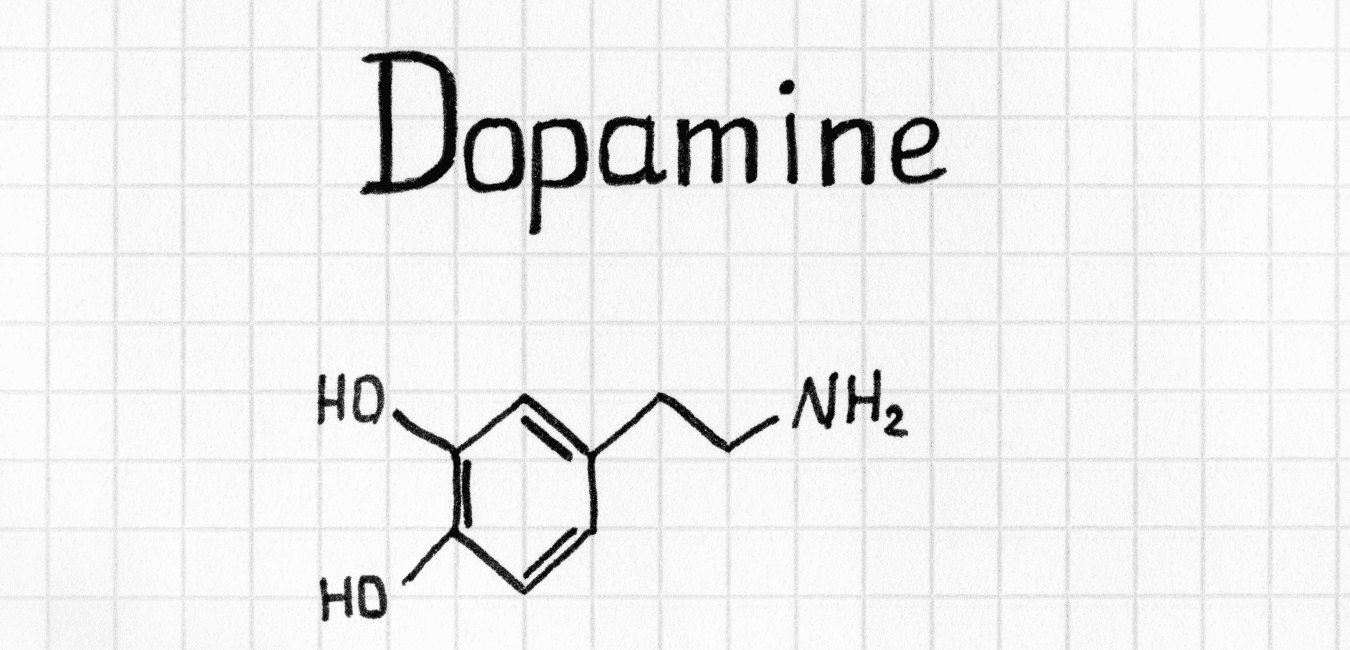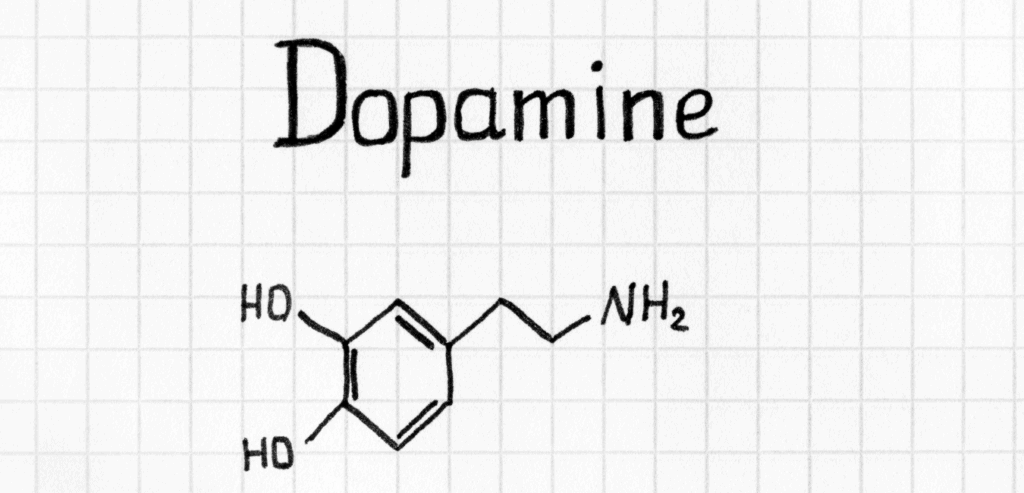
Dopamine, a crucial neurotransmitter in the brain, plays a pivotal role in motivation, pleasure, and reward-seeking behavior. Dysregulation of dopamine levels has been implicated in various neurological and psychiatric conditions, including Parkinson's disease, attention deficit hyperactivity disorder (ADHD), and addiction. This article explores ten evidence-based strategies to naturally optimize dopamine levels, enhancing cognitive function and overall well-being.
The Best Ways to Boost Dopamine Are:
- Exercise regularly: Engage in aerobic activities or HIIT.
- Optimize sleep: Aim for 7-9 hours of quality sleep nightly.
- Practice mindfulness: Meditate daily to enhance dopamine function.
- Eat a nutrient-dense diet: Focus on tyrosine and omega-3 rich foods.
- Get sunlight exposure: Spend time outdoors or supplement with vitamin D.
- Consume probiotics: Incorporate fermented foods into your diet.
- Listen to music: Enjoy your favorite tunes regularly.
- Seek novelty: Engage in new, challenging, and rewarding activities.
- Practice gratitude: Cultivate a positive mindset through daily reflection.
- Consider supplements: Explore tyrosine or Mucuna pruriens under professional guidance.
1. Engage in Regular Physical Exercise

Physical exercise significantly impacts dopamine synthesis and release in the brain. High-intensity interval training (HIIT) and moderate aerobic exercise increase dopamine receptor density in the striatum, a key brain region involved in reward processing. Regular exercise also promotes neuroplasticity and neurogenesis, potentially enhancing dopaminergic function over time.
2. Optimize Your Sleep Patterns
Sleep plays a crucial role in maintaining optimal dopamine signaling. Chronic sleep deprivation reduces dopamine D2 receptor availability in the striatum, potentially leading to decreased sensitivity to rewarding stimuli. Establishing consistent sleep patterns and aiming for 7-9 hours of quality sleep per night can help restore and maintain healthy dopamine function.
3. Practice Mindfulness Meditation
Mindfulness meditation has been shown to modulate dopaminergic activity in the brain. A neuroimaging study published in Cognitive, Affective, & Behavioral Neuroscience revealed that experienced meditators exhibited increased dopamine release in the ventral striatum during meditation compared to control subjects. Regular mindfulness practice may enhance dopamine synthesis and receptor sensitivity, potentially improving mood regulation and cognitive function.[1]
4. Consume a Nutrient-Dense Diet
Specific nutrients play essential roles in dopamine synthesis and function. Tyrosine, an amino acid precursor to dopamine, is found in protein-rich foods such as eggs, fish, and lean meats. Omega-3 fatty acids, particularly docosahexaenoic acid (DHA), support dopamine receptor function and reduce inflammation in the brain. Incorporating a balanced diet rich in these nutrients can support optimal dopamine production and signaling.
5. Explore the Benefits of Sunlight Exposure
Sunlight exposure influences dopamine production through multiple mechanisms. Ultraviolet (UV) radiation stimulates the release of beta-endorphins, which interact with the dopaminergic system. Additionally, vitamin D synthesis, triggered by sunlight exposure, plays a role in dopamine receptor expression. A study found that vitamin D deficiency in early life altered dopamine signaling in adulthood, emphasizing the importance of adequate sun exposure or supplementation for maintaining healthy dopamine function.[2]
6. Incorporate Probiotics and Fermented Foods
The gut-brain axis plays a crucial role in dopamine regulation. Probiotics and fermented foods can modulate the gut microbiome, potentially influencing dopamine production and signaling. Incorporating fermented foods like yogurt, kefir, and sauerkraut into your diet may support a healthy gut microbiome and, consequently, optimize dopamine function.
7. Listen to Music
Music has profound effects on the brain's reward system, including dopamine release. Regularly engaging with music you enjoy can stimulate dopamine release, potentially enhancing mood and cognitive function.[3]
8. Engage in Novel and Rewarding Activities
Novelty and reward-seeking behaviors stimulate dopamine release in the brain. Engaging in new, challenging, and enjoyable activities can help maintain optimal dopamine function. Pursuing new hobbies, learning new skills, or exploring unfamiliar environments can naturally boost dopamine levels and enhance cognitive flexibility.
9. Practice Gratitude and Positive Thinking
Cultivating a positive mindset through gratitude practices and optimistic thinking can influence dopamine signaling. A study in Frontiers in Psychology found that gratitude interventions increased activity in the medial prefrontal cortex, a region associated with dopamine release and reward processing. Regular gratitude journaling or focusing on positive aspects of daily experiences may help optimize dopamine function and improve overall well-being.
10. Consider Targeted Supplementation
Certain supplements have shown promise in supporting dopamine function. Tyrosine supplementation can increase dopamine synthesis, particularly under conditions of stress or cognitive demand. Mucuna pruriens, a natural source of L-DOPA, has demonstrated potential in supporting dopamine levels. A randomized, double-blind study published in the Journal of Traditional and Complementary Medicine showed that Mucuna pruriens supplementation improved mood and cognitive function in healthy individuals.
In conclusion, optimizing dopamine levels through natural means involves a multifaceted approach encompassing lifestyle modifications, dietary interventions, and targeted supplementation. By incorporating these evidence-based strategies, individuals can potentially enhance dopamine function, leading to improved cognitive performance, mood regulation, and overall well-being. It is important to note that while these approaches can be beneficial for many, individuals with diagnosed dopamine-related disorders should consult with healthcare professionals before making significant changes to their treatment regimens.
- Klein, Marianne O et al. “Dopamine: Functions, Signaling, and Association with Neurological Diseases.” Cellular and molecular neurobiology vol. 39,1 (2019): 31-59. doi:10.1007/s10571-018-0632-3
- Anjum, Ibrar et al. “The Role of Vitamin D in Brain Health: A Mini Literature Review.” Cureus vol. 10,7 e2960. 10 Jul. 2018, doi:10.7759/cureus.2960
- Ferreri, Laura et al. “Dopamine modulates the reward experiences elicited by music.” Proceedings of the National Academy of Sciences of the United States of America vol. 116,9 (2019): 3793-3798. doi:10.1073/pnas.1811878116
source https://nootropicology.com/dopamine-receptor-repair/

No comments:
Post a Comment